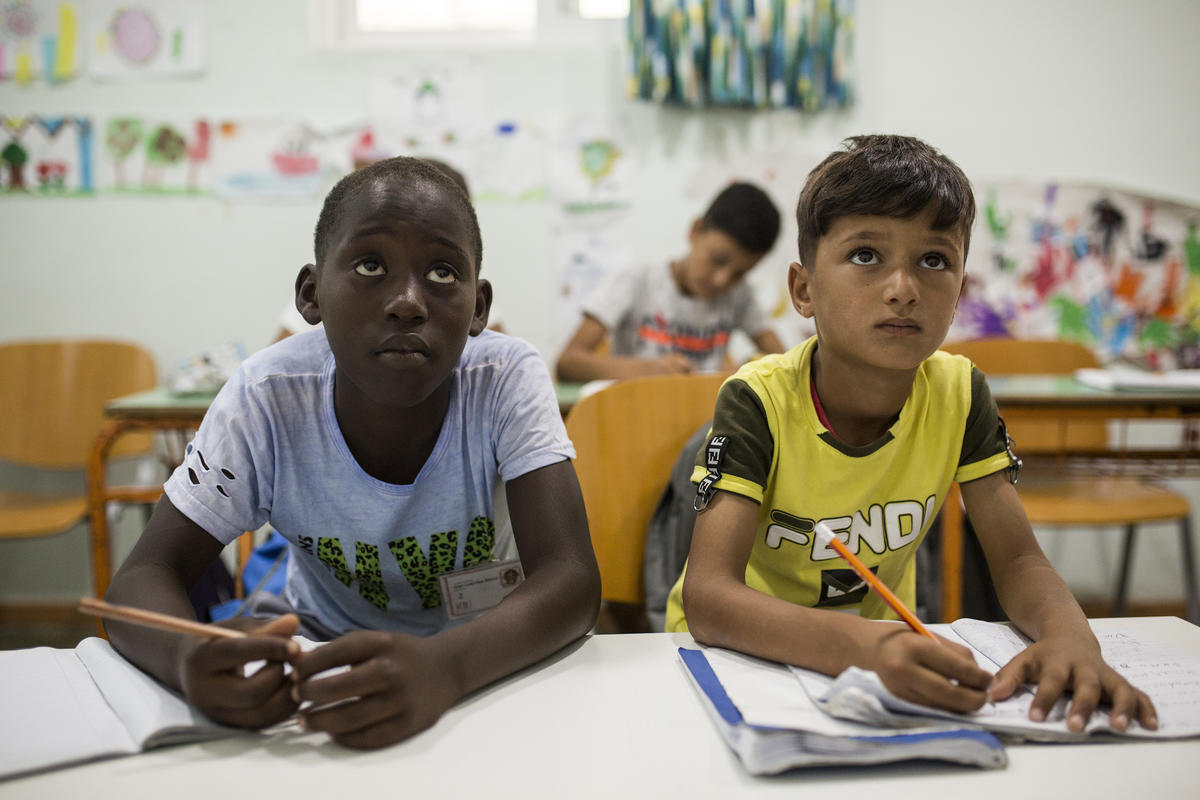Ogata urges Bosnia to allow minority returns
Ogata urges Bosnia to allow minority returns
The United Nations High Commissioner for Refugees, Mrs. Sadako Ogata, today said ethnic minorities must be allowed to return safely to Bosnia and Herzegovina. The statement came after her three-day visit to the region and on the second anniversary of the Dayton Peace Accord which ended the four-year civil war in the Balkans.
"I was encouraged to see returnees rebuilding their houses, but so far only a fraction of those who lost their homes during the war have returned," she said.
Mrs. Ogata added that the ultimate test for the Peace Agreement will be whether refugees and displaced people are able to return to their homes in safety. She said that particular emphasis must be placed on the return of ethnic minorities.
"Next year must become the year of minority returns," she said.
Some 400,000 Bosnians returned both from abroad and within Bosnia-Herzegovina since the Dayton Accord. But the vast majority of them returned to areas controlled by their own ethnic group. There are still some 700,000 refugees and an additional 800,000 remain displaced within Bosnia-Herzegovina - most of whom are unable to return to places where they would be in a minority.
This year, in an effort to boost minority returns, UNHCR has launched an "Open Cities" project which offers international aid to towns where the authorities are committed to ensure the safe return and decent treatment of minorities. So far, five cities in the (Bosniac-Croat) Federation have earned the "Open City" status (Bihac, Busovaca, Gorazde, Konjic and Vogosca).
During a meeting this week with Republika Srpska President Biljana Plavsic, the High Commissioner won Mrs. Plavsic's assurance that minority Croats and Bosniacs will be allowed to return to Banja Luka - Republika Srpska's largest city whose minority population had been driven out during the war. Ogata told Plavsic that housing needs of Serb refugees and displaced people currently living in Banja Luka would have to be addressed as well. "Nobody will be put out on the street," she said.
The four-year civil war in Bosnia-Herzegovina, which ended with a peace agreement in Dayton, Ohio, on 21 December 1995, forced some 2.3 million Bosnians to flee their homes.
UNHCR has been tasked with the implementation of Annex 7 of the Peace Accord which addresses refugee issues.








